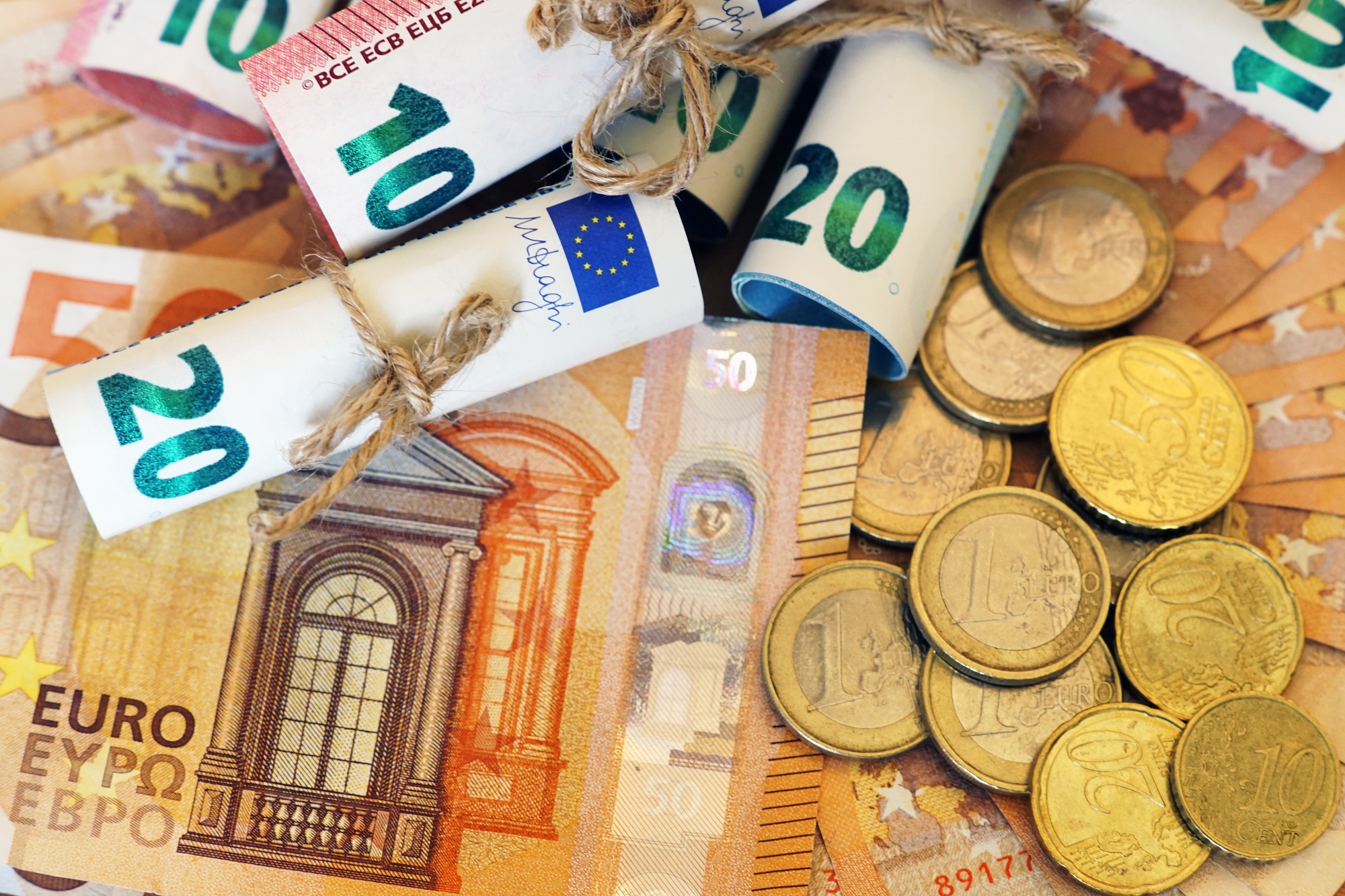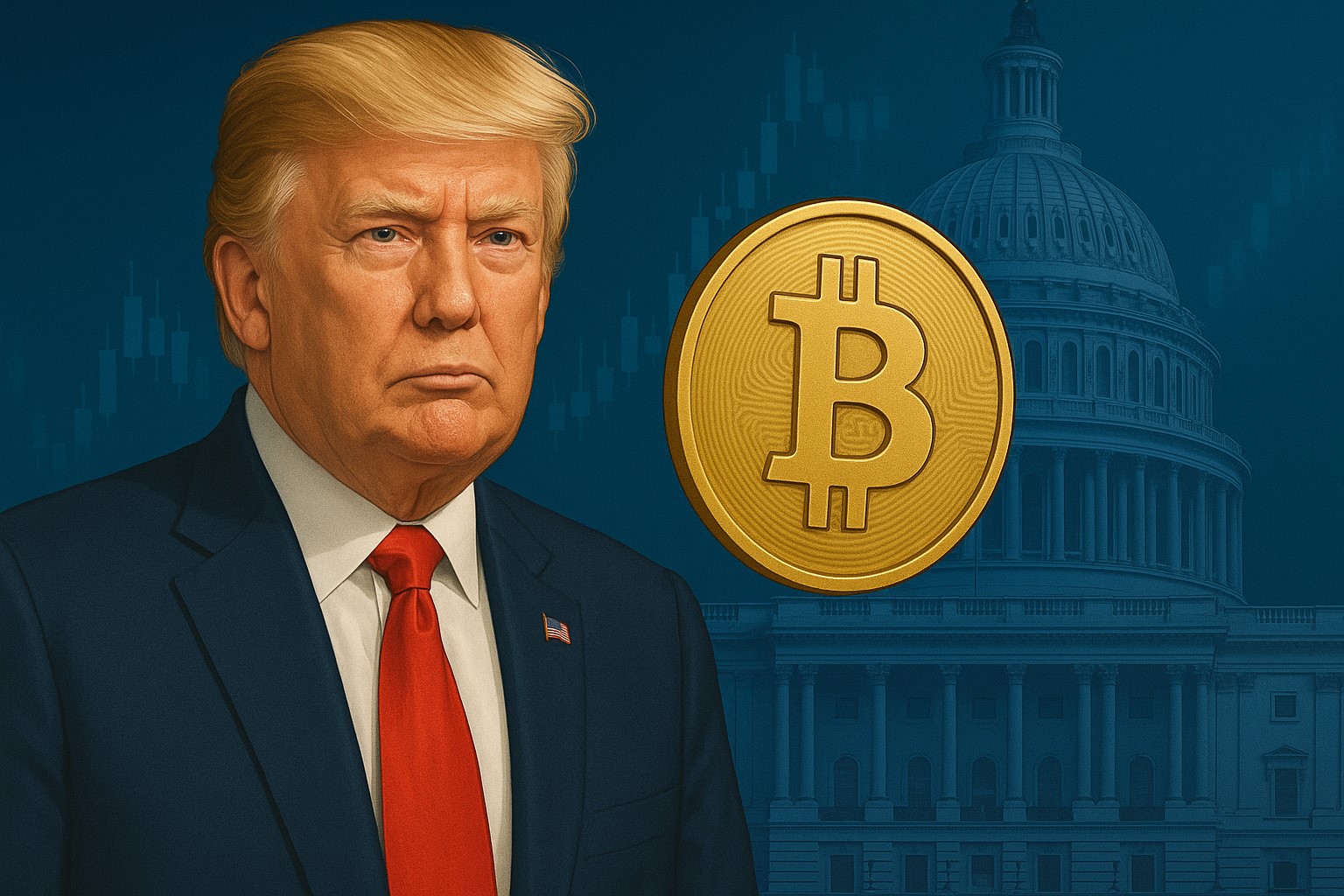European banks are increasingly integrating cryptocurrency services into their offerings, driven by clear regulatory frameworks and growing investor interest. According to Coincub’s latest research, 63 European banks now provide services such as trading, custody, staking, payments, stablecoins, and banking solutions for crypto companies. Notable institutions like Standard Chartered UK, BBVA Switzerland, and Barclays UK have made significant investments in the crypto landscape over the past year.
This proactive adoption is largely attributed to the European Union’s comprehensive regulations, including the Markets in Crypto-Assets (MiCA) framework introduced in 2023. These regulations offer legal clarity and actively encourage competition and innovation in the financial sector. Patrick Hansen, Circle’s senior director of EU Policy & Strategy, emphasized that Europe’s leadership in crypto-friendly banking stems from deliberate regulatory efforts fostering a conducive environment for digital assets.
In contrast, U.S. banks have only recently received guidance permitting engagement in crypto services like custody and stablecoin operations. This delay has allowed European banks to build robust infrastructure and expertise over several years, positioning them ahead in the crypto services domain. Institutions such as BBVA Spain and Deutsche Börse have announced plans to offer cryptocurrency trading and custody services, reflecting the region’s commitment to integrating digital assets into traditional banking.
The EU’s proactive approach, dating back to the E-Money Directive in 2000 and further strengthened by subsequent directives, has created a regulatory environment that encourages banks to collaborate with non-bank payment service providers. This inclusivity has fostered a competitive and innovative financial landscape, positioning Europe at the forefront of crypto-friendly banking.
As the global financial ecosystem evolves, Europe’s early and clear regulatory stance may provide a competitive edge in the burgeoning field of digital assets.



